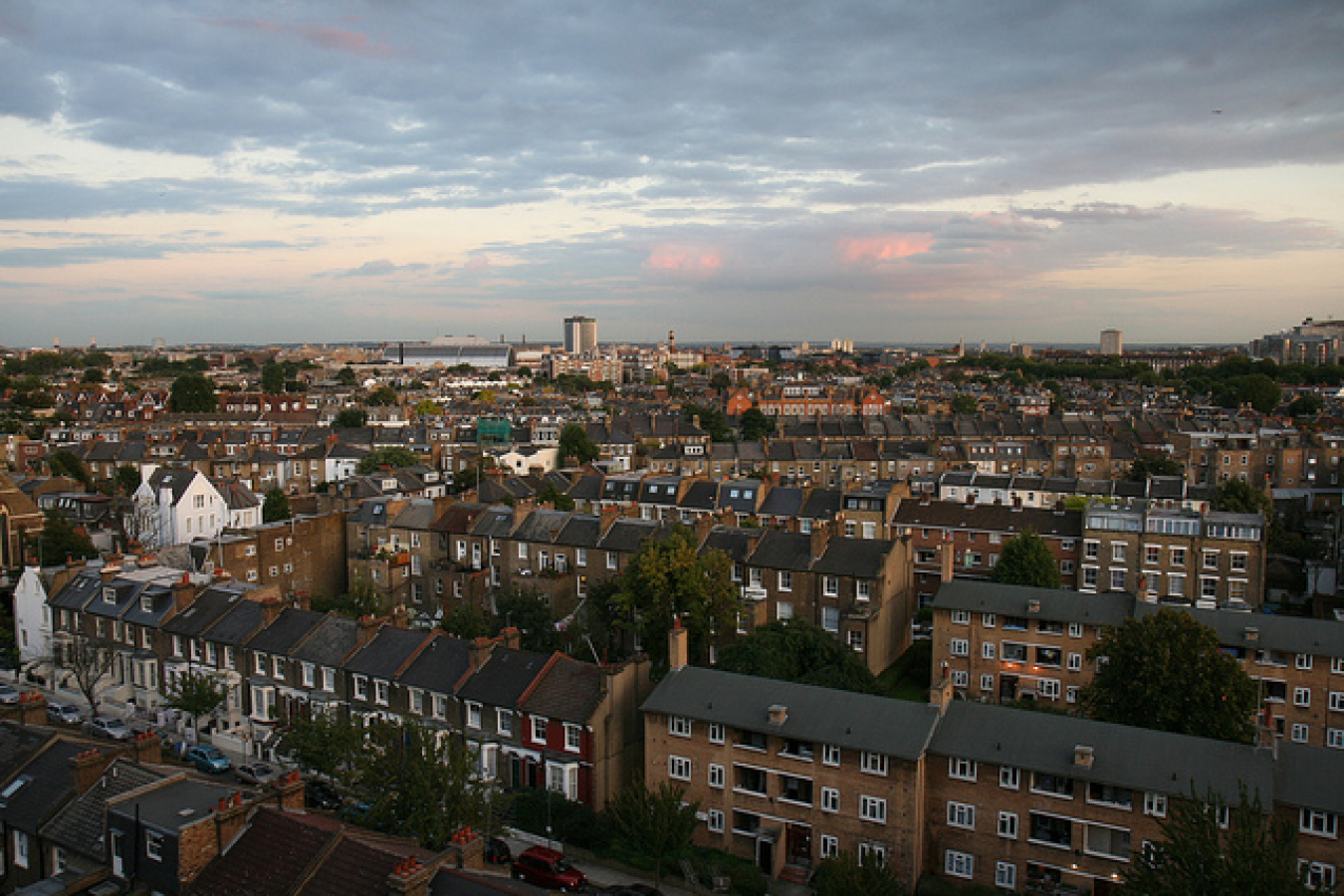Support migrant centric journalism today and donate

 • Watch This Video
• Watch This VideoMore than 400,000 east European workers have been allowed to work in Britain since May 2004, the government said on August 23, vastly exceeding predictions and fuelling calls for limits on workers from Bulgaria and Romania.
The government said it approved 49,850 applicants from eight East European countries seeking to work in the country in the second quarter of this year, bringing the total to 427,095 since these countries joined the European Union in May 2004.
The figures fuelled an intense political debate in Britain over the pros and cons of migration from Eastern Europe.
The Conservatives said the figures reinforced their case for the British government to restrict immigration by workers from Bulgaria and Romania if they get the green light to join the EU in 2007 as scheduled.
"Controlled immigration makes life much better for everyone involved," Conservative immigration spokesman Damian Green said in a statement, saying it would ease pressure on housing and public services.
MP Tony McNulty said the East European workers were benefiting Britain "by filling skills and labor gaps that cannot be met from the UK-born population."
The government statistics exclude self-employed workers, who do not have to register. "The number often quoted is something closer to 600,000 if they are included," McNulty said.
The number of workers who have come to the country has far exceeded government predictions that between 5,000 and 13,000 new immigrants would arrive each year.
The economy is still creating jobs after 14 years of uninterrupted growth. But with unemployment rising, critics argue that immigrants are taking jobs from Britons -- although some business executives dispute this.
Policymakers say competition from East European workers has helped keep wage inflation in check, easing the pressure for higher interest rates.
Most workers from Poland
Sixty-two percent of the workers coming to Britain were from Poland, followed by Lithuania with 12 percent and Slovakia with 10 percent.
Britain was one of three European Union members, along with Sweden and Ireland, that granted open access to workers from the these countries -- together with the Czech Republic, Estonia, Hungary, Latvia and Slovenia -- that joined the bloc in 2004.
The government is due to decide later this year whether Bulgaria and Romania will get the same treatment.
Frank Field, an MP for the Labour Party, said an "open-doors" immigration policy was not sensible and not sustainable for local communities.
"I think we should move to a quota system whereby employers make out the case that they can't find local workers and therefore would get new workers coming in to this country," he said.
McNulty did not rule out restrictions on Romanian and Bulgarian workers, saying one option would be to delay the free movement of workers from these countries.
The government's decision would depend on the impact of workers from other East European countries, the state of the labor market, and what other EU nations did, he said.
"There are any number of restrictions, controls and management tools that we can put on the accession of those two countries," McNulty said.
Related:
• Britain debates 'open-door policy' on EU immigration
• Non-EU skilled workers win in UK immigration plan
• Immigration fails to stem European population loss
• UK may have over 500,000 East European immigrants
• EEA Family Permits Changed in the UK
• Immigrants push up housing demand in UK
• Bulgarians and Romanians will increase UK immigration levels
• Immigration to the UK rises dramatically
• UK National Identity Scheme - National Identity Card





















